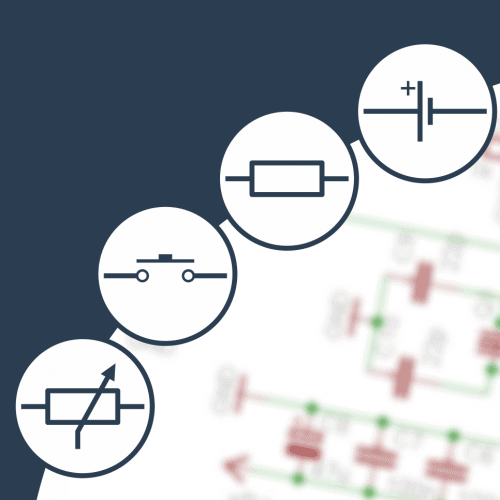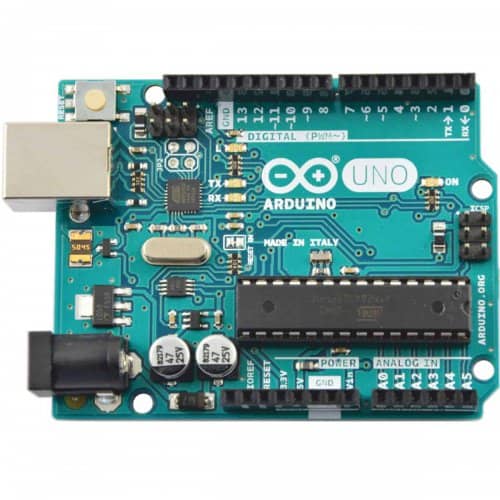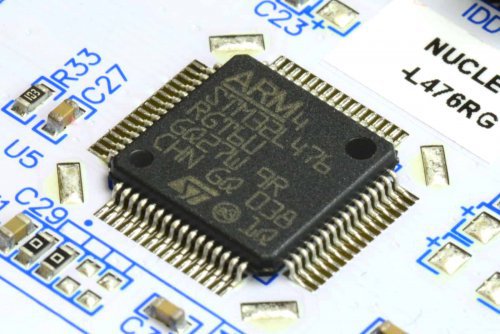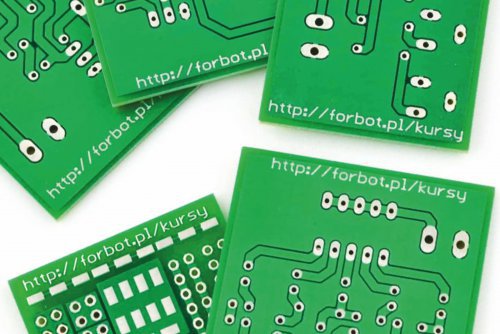Verilog 2 VHDL Translator
-
Quizy
-
Najnowsze posty w innych tematach
-
Elektronika Podświetlenie Przycisku w obudowie Pytanie/Zagadka
Przez MaciejG, w Elektronika
- DIY
- tranzystor
- (i 2 więcej)
- 3 odp.
- 199 wyświetleń
-
- 2 odp.
- 134 wyświetleń
-
- 3 odp.
- 185 wyświetleń
-
- 3 odp.
- 163 wyświetleń
-
Proszę o pomoc w wyborze taniego mikrokontrolera na początek pracy z moimi projektami
Przez askenazy, w Arduino i ESP
- 5 odp.
- 245 wyświetleń
-







Pomocna odpowiedź
Dołącz do dyskusji, napisz odpowiedź!
Jeśli masz już konto to zaloguj się teraz, aby opublikować wiadomość jako Ty. Możesz też napisać teraz i zarejestrować się później.
Uwaga: wgrywanie zdjęć i załączników dostępne jest po zalogowaniu!